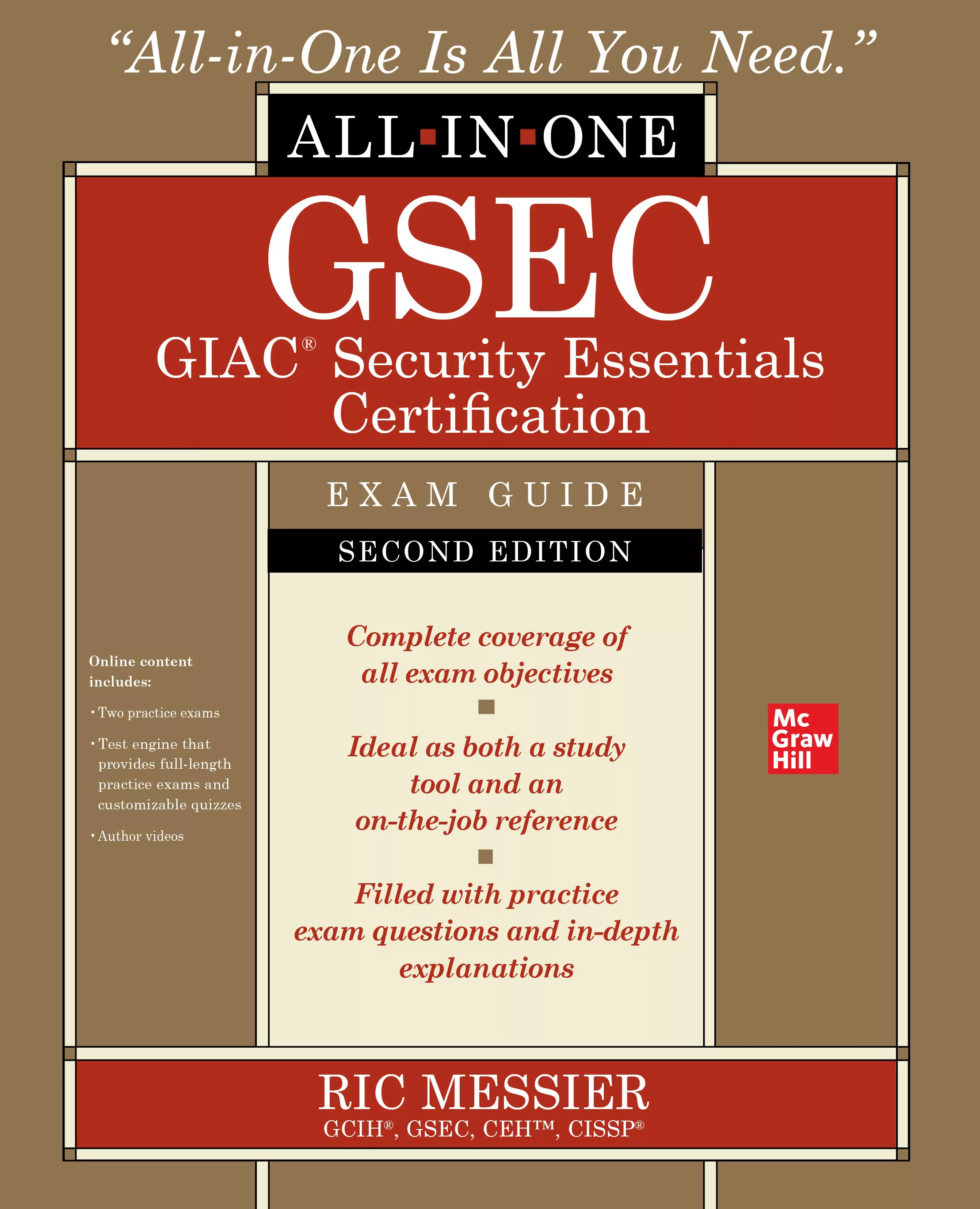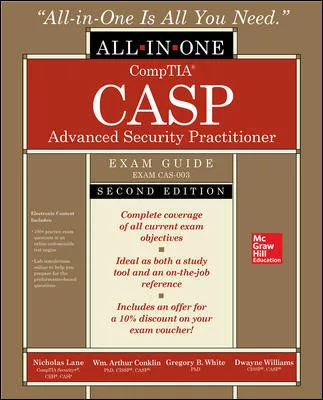One in Five Americans Leave Job Due to Toxic Workplace

One in five Americans has left a job in the past five years due to a “toxic workplace culture” with the turnover costing employers an estimated $223 billion during that time.
The report “The High Cost of a Toxic Workplace Culture” by SHRM explored the impact of workplace culture on the well-being of workers and the bottom line of businesses and found a toxic workplace culture costs companies a fortune in turnover and absenteeism.
“Billions of wasted dollars. Millions of miserable people. It’s not a warzone – it’s the state of the American workplace,” SHRM president and CEO Johnny C. Taylor, Jr., stated in a press release about the report. “But now that we know the high costs and how managers can make workplaces better, there’s no excuse for inaction.”
Findings of the survey included:
- 49 percent of American workers have thought about leaving their current organization, while nearly one in five have left a job due to a toxic workplace culture in the past five years.
- 76 percent of American workers said their manager sets the culture, yet 36 percent said their manager did not know how to lead a team.
- 26 percent of American workers said they dreaded going into work.
The SHRM report also uncovered a critical skills gap at the management level and found that employees hold managers – more than leadership or HR – most responsible for culture. They also said their managers often lack the soft skills needed to effectively listen, communicate and lead.
SHRM defines toxic workplaces as “where employees dread going to work, don’t feel they can be honest with their manager, and may witness or experience sexual harassment or age discrimination.” Toxic workplaces are a primary reason workers quit their jobs and they often hold their managers responsible for creating the toxicity.
To help create non-toxic workplaces, SHRM announced the launching of “new learning and development programs for People Managers in 2020, including a People Manager Qualification (PMQ) to aid new managers in developing soft skills, leadership skills, and the emotional intelligence needed for building high-performing teams.”
A separate survey of more than 1,400 SHRM members in February 2019 revealed that nearly half of HR professionals have experienced workplace violence as 48 percent of respondents said their organization had incidences of harassment, intimidation, physical assaults, or homicides, up from 36 percent in 2012.
Looking for a reprint of this article?
From high-res PDFs to custom plaques, order your copy today!






